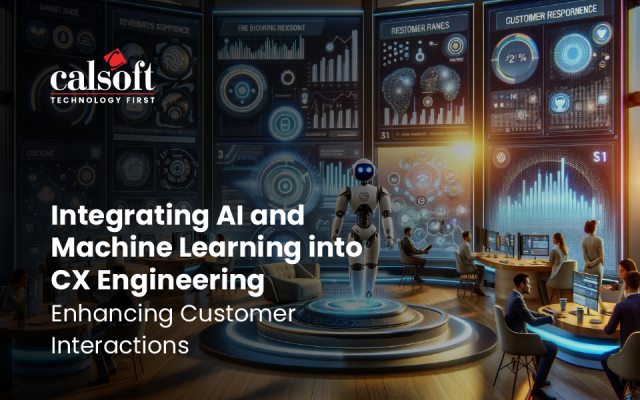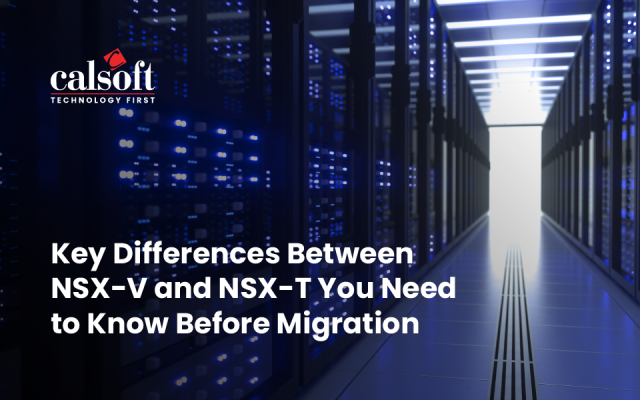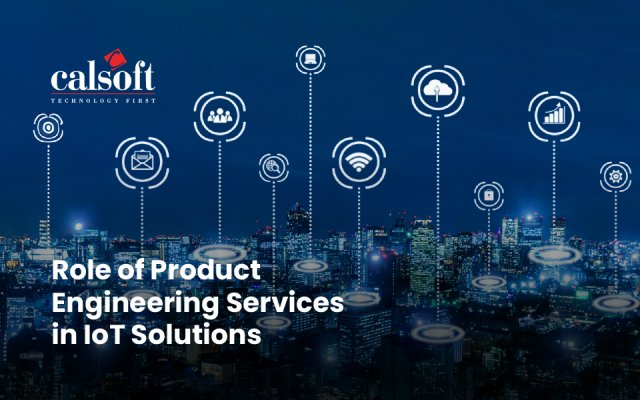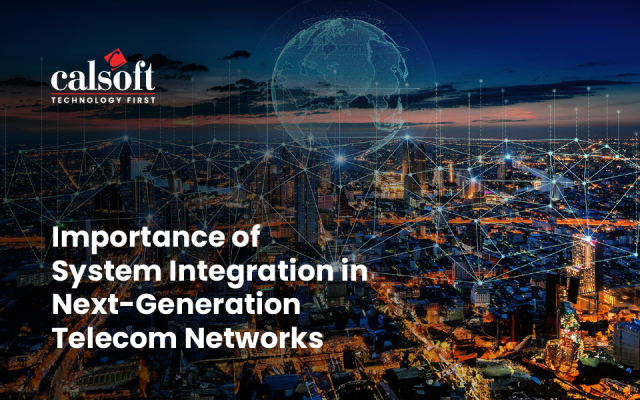
Integrating AI and Machine Learning into CX Engineering: Enhancing Customer Interactions
Enhance customer interactions with AI and ML in CX Engineering. Discover automation, personalization, and predictive insights for superior customer experiences.

Key Differences Between NSX-V and NSX-T You Need to Know Before Migration
Discover the key differences between VMware’s NSX-V and NSX-T and essential insights for a smooth migration to optimize your network infrastructure.

An Ultimate Guide for NSX V to NSX T Migration
The migration of NSX V to NSX T typically involves detailed migration plan to ensure minimal disruption and to take advantage of the enhanced features and capabilities of VMware’s next-generation networking and security platform, NSX-T. Read the blog to explore the detailed migration path from NSX V to NSX T.

Role of Product Engineering Services in IoT Solutions
Explore the pivotal role of Product Engineering Services in revolutionizing IoT solutions. Unlock innovation and efficiency with expert insights.

The Impact of DevSecOps on Product Security
The significant effect that DevSecOps has on product security, emphasizes how proactive and cooperative it is in integrating security into the development process. In building a robust security posture, it examines the critical responsibilities that developers, security teams, operations teams, collaboration specialists, and automation experts play. The blog discusses best practices including automated security testing and continuous monitoring, addressing issues like cultural resistance, complicated integration, and competence gaps. Additionally, it foresees developments in cloud-native security, improved container security, DevSecOps as a Service, and AI and ML integration. Adopting DevSecOps is not just a requirement but also a choice for businesses looking to improve product security against constantly changing cyber threats in today’s dynamic digital ecosystem. Read our blog to get more details.

Significance of Sustainability in Software Development
The significance of sustainability in software development, emphasizes the environmental impact of the IT sector. Sustainability in software development describes the idea of “green coding,” emphasizing energy-saving techniques, for mitigating environmental harm, and ensuring the long-term sustainability of software systems. The inclusion of sustainable practices into the development processes, helps developers to create software that realizes a more sustainable future. Read the blog to explore the significance of sustainability in software development and the advantages of green coding.

Sustainability as a Strategic Imperative in Product Engineering
Sustainability has emerged as a strategic imperative in product engineering, steering enterprises to integrate environmental, social, and economic considerations into their product development processes. This paradigm shift is fueled by increasing customer demand for eco-friendly products, regulatory pressures, and the recognition of the long-term business benefits of sustainability. Read the blog to understand the significance of sustainability in modern product engineering.

Importance of System Integration in Next-Generation Telecom Networks
The telco sector is evolving, and the significance of system integration cannot be overplayed in the industry. The next-generation networks are ever more complex, including diverse technologies like 5G, IoT, cloud computing, and more. To ensure reliable and high-quality services, seamless system integration becomes the cornerstone. Integration ensures that distinct components and services work harmoniously, stimulating efficient communication and streamlined operations. It facilitates the interconnectivity of various subsystems, enabling real-time data exchange, advanced service delivery, and enhanced end-user experiences. Read the blog to explore the significance of system integrators in telecom industry.
